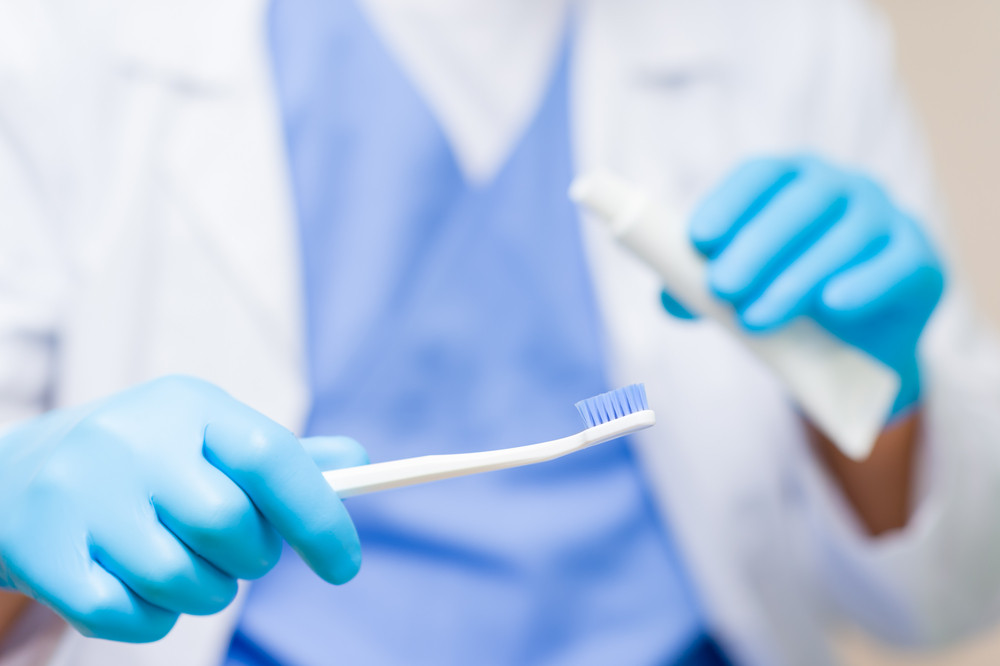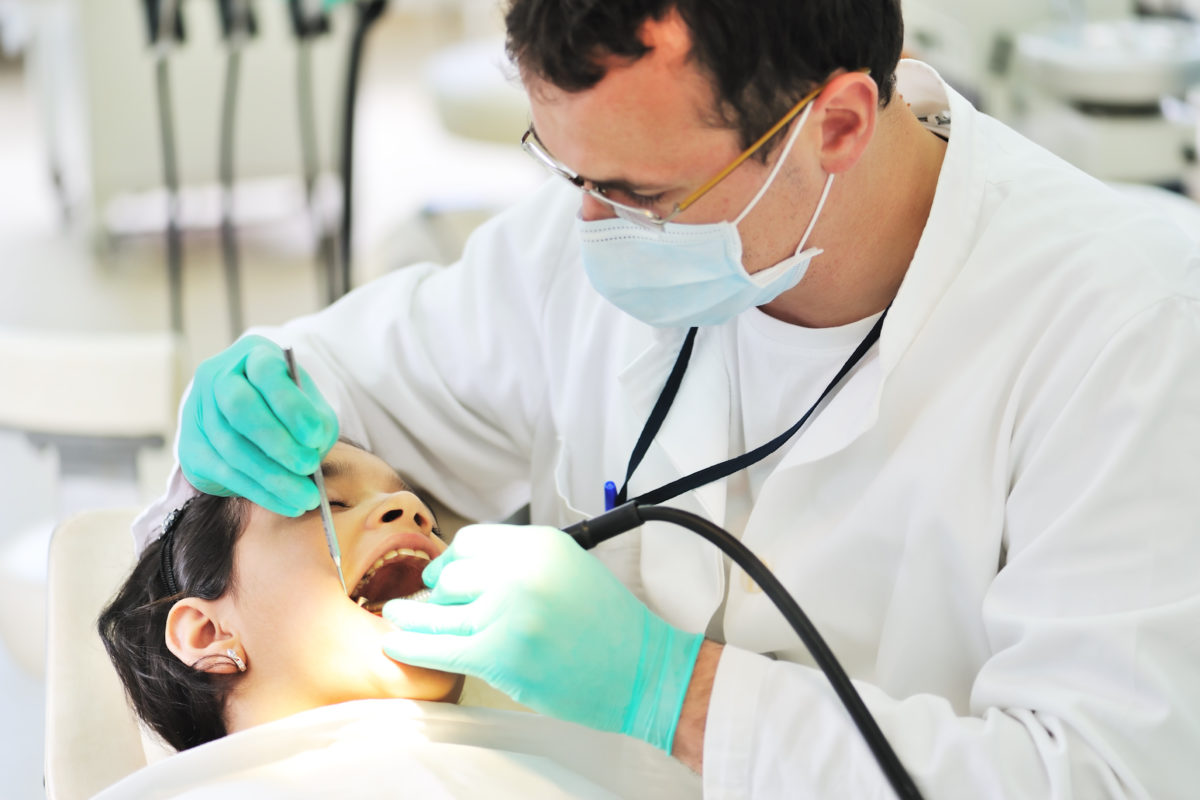Dentist offices are filled with little kids getting their teeth cleaned and checked because dentistry for children is so important — it can prevent cavities and other dental problems down the road. Here are three tips to help your child have healthy teeth and preventing cavities: 1. Brush Teeth Twice a Day With Fluoride Toothpaste … Continue reading 3 Tips For Preventing Cavities
By the time your little one has a full set of baby teeth, you’ll likely begin to wonder when you should start taking them to the dentist. It’s important to learn when your baby needs to go to a children’s dentist as to prevent future problems. Here’s what you should know. Start Preventative Care Early … Continue reading When Should I Start Taking My Child to the Dentist?
Plenty of people have a hard time with proper oral care, and it’s not because of a lack of effort. It’s more because there is an issue with education about oral health. For example, cavities aren’t inevitable, but at least 90% of adults 20 and older have had one or more cavities according to the … Continue reading 5 Simple Ways to Improve Your Oral Health
We’ve known that oral health is an essential aspect of our overall general health for a long time. In the early 1980s, U.S. Surgeon General C. Everett Koop coined the phrase, “You’re not healthy without good oral health.” Yet, 34 million school hours are lost every year due to unexpected (emergency) dental treatments, losing approximately … Continue reading How Poor Oral Health Affects Children
As you get older, your mouth and teeth are prone to problems. You may also experience pain or discomfort in the jaw, gums, or tongue. These problems can occur at any age, but they often happen when people reach middle-age and beyond. For the best dental care, preventative measures such as brushing your teeth twice … Continue reading Best Dental Care: 6 Tips for Having a Healthy Mouth




